Middlebrow Modernism: Eleanor Dark's interwar fiction
Sydney University Press, $45 pb, 288 pp
No cause for optimism
In recent years there has been a resurgence of interest in Eleanor Dark (1901–85), which singles her out from the group of women who dominated the Australian literary scene in the 1930s and 1940s, and attends to the literary significance as well as the political and historical contexts of her work. While Miles Franklin and Katharine Susannah Prichard have been the subject of massive biographies, there have been no major critical studies of their writing. Their contemporaries such as Nettie Palmer, Jean Devanny, M. Barnard Eldershaw, and Dymphna Cusack have fallen out of sight. But since the publication of Eleanor Dark: A writer’s life by Barbara Brooks in 1998, there has been a steady stream of essays and book chapters, a special issue of the journal Hecate, a second biography, and now a critical monograph on the work of this novelist.
As well as the intrinsic interest of Dark’s ten novels, the establishment of a writers’ retreat at her former home Varuna, in the Blue Mountains, has no doubt contributed to this upsurge of attention. A further factor has been the re-emergence of modernism and modernity as key issues in literary studies, and a concern to reposition the study of Australian literature outside a nationalist paradigm so as to enter more fully into this transnational conversation.
This is the context of Melinda Cooper’s scholarly study of the ‘middlebrow modernism’ of Dark’s interwar novels. This apparently contradictory term signals its thesis that Dark ‘repackaged experimental devices and progressive ideas in accessible and entertaining stories’ that ‘provided readers with a winning combination of both quality and entertainment’. Middlebrow Modernism focuses more on the ideas than on readers’ reception of the novels, with chapters offering an extended analysis of each of Dark’s first six titles.
Continue reading for only $10 per month. Subscribe and gain full access to Australian Book Review. Already a subscriber? Sign in. If you need assistance, feel free to contact us.


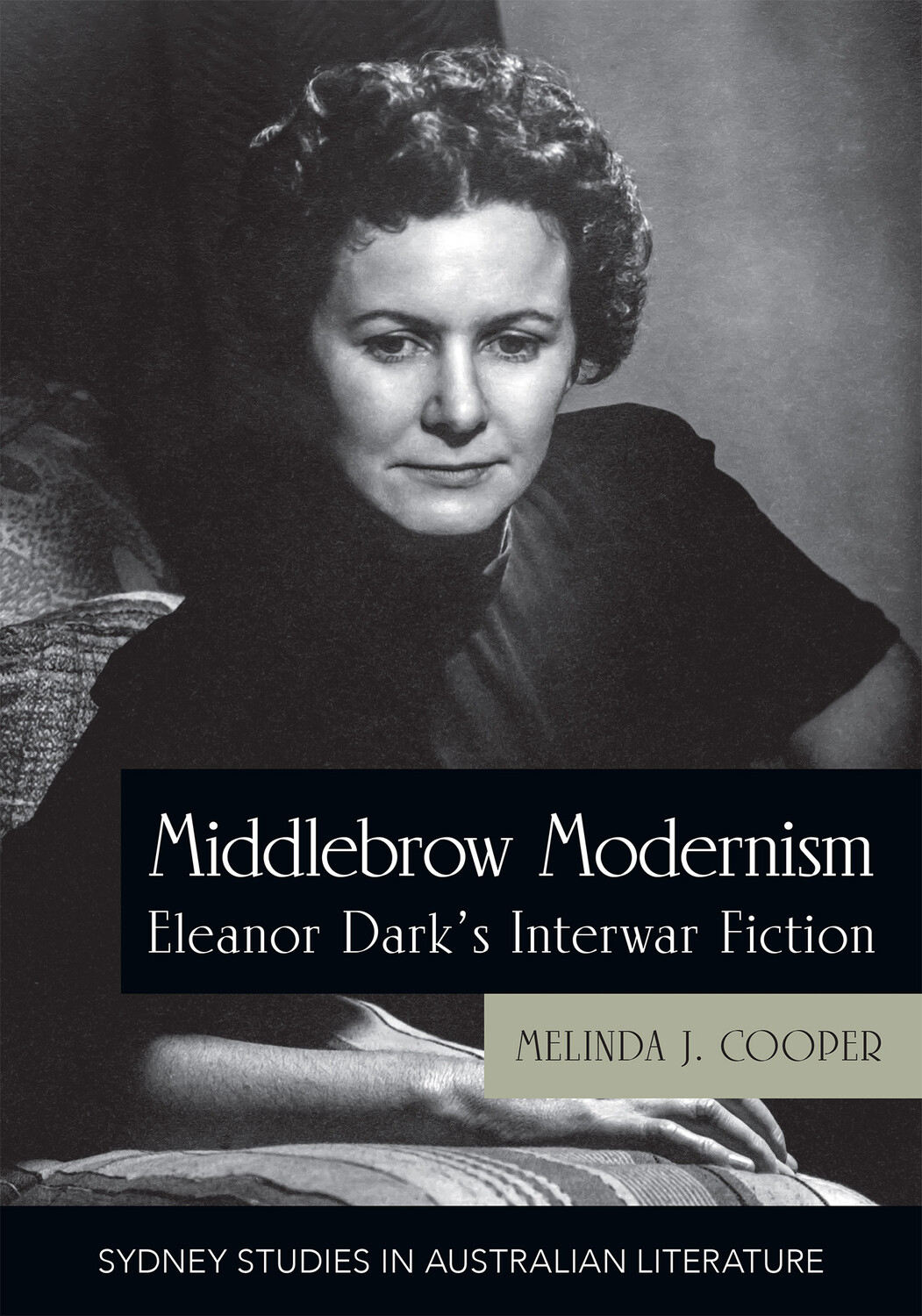




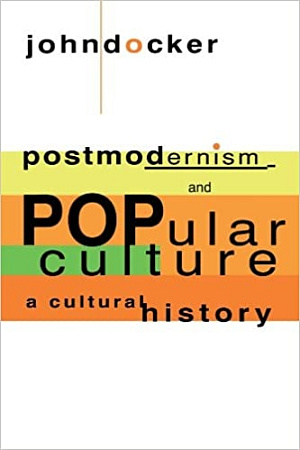
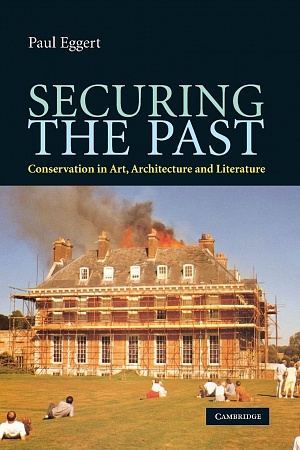
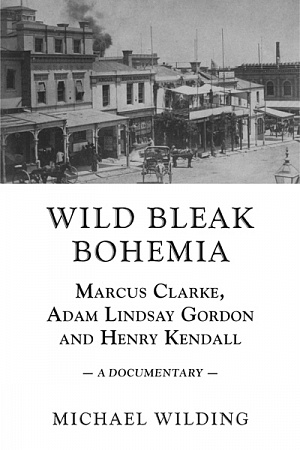
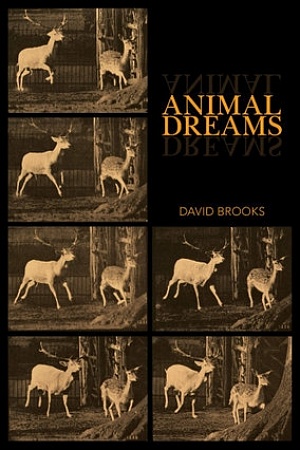
Leave a comment
If you are an ABR subscriber, you will need to sign in to post a comment.
If you have forgotten your sign in details, or if you receive an error message when trying to submit your comment, please email your comment (and the name of the article to which it relates) to ABR Comments. We will review your comment and, subject to approval, we will post it under your name.
Please note that all comments must be approved by ABR and comply with our Terms & Conditions.